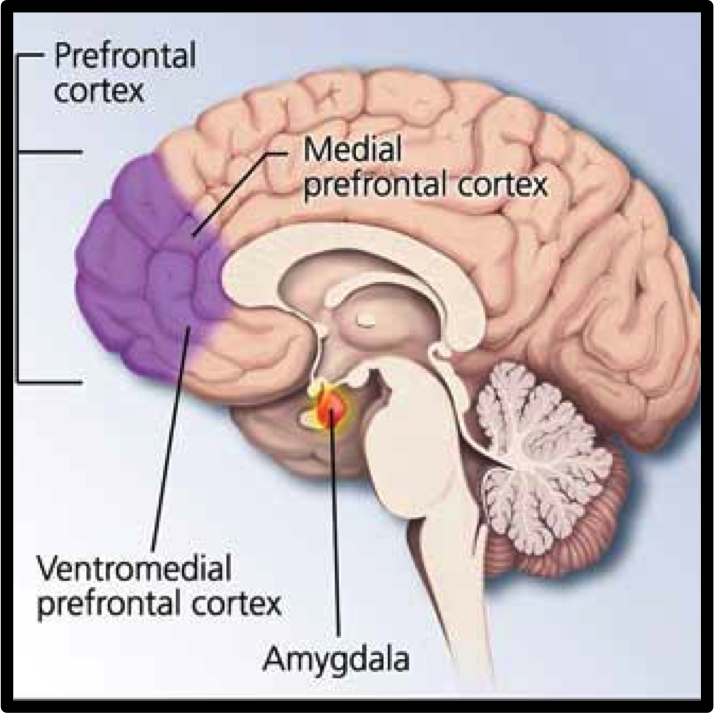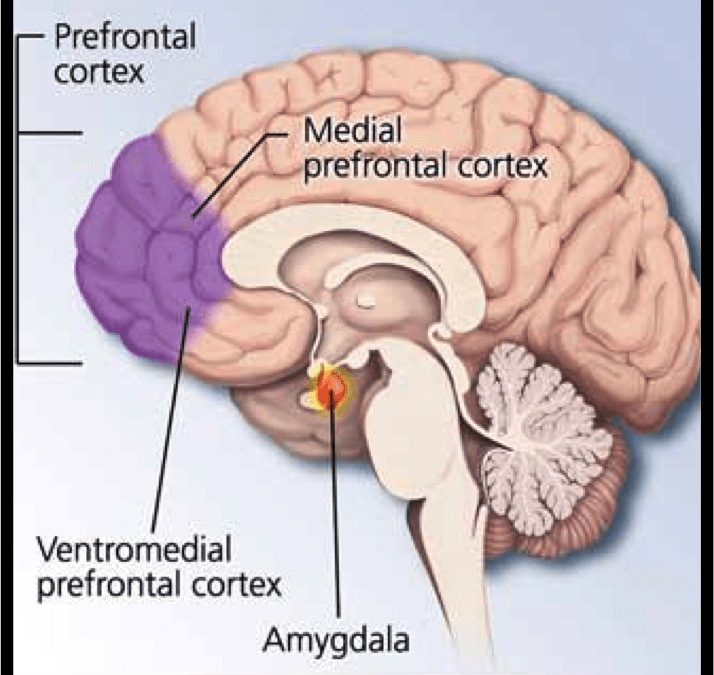I have a confession that you probably already know: I’m a horribly inconsistent blogger. But, hopefully, you find my content good enough that when stuff comes out, it’s worth your time to read. Which I’m hoping this post will be equally regarded – but know that I am starting with some heavy words.
My wife has cancer.
Actually, she was diagnosed with Acute Lymphoblastic Leukemia (ALL) in July of this year. It was shocking/horrific/confusing/stressful – all at the same time. Obviously, I had to take a hard look at everything in my life to determine what was truly relevant and what wasn’t. And this blog made it to the irrelevant list. At least for as long as my wife/family needed it to be.
Fast forward to today, and I am STOKED to report that the cancer has gone into remission. I cannot say enough good things about the power of modern medicine (especially the fantastic team at Stanford Hospital, where my wife was treated). And I cannot say enough good things about the power of prayer (especially since many good things occurred during chemotherapy that modern medicine has no answer for). The bottom line is that we find ourselves continuing the cancer journey while she undergoes more chemotherapy while we literally sit on pins and needles watch for any recurrence over the next five years.
It has been a stressful time for us, to say the least.
Which is what I want to write about today. Stress, that is. Or more specifically, dealing with it.
 Look, I know that I am pulling out a gigantic hammer when I mention the “Big C.” And with all of the look at me ice bucket challenges this past summer creating a bunch of noise about the effects of horrible diseases, it’s pretty easy to move on to something else. And I don’t blame you. Especially if you have enough stress on your own. Why would you want to add to it by reading about someone else’s stress?
Look, I know that I am pulling out a gigantic hammer when I mention the “Big C.” And with all of the look at me ice bucket challenges this past summer creating a bunch of noise about the effects of horrible diseases, it’s pretty easy to move on to something else. And I don’t blame you. Especially if you have enough stress on your own. Why would you want to add to it by reading about someone else’s stress?
(Side note: I thought Sir Patrick Stewart’s ice bucket challenge was the best video out there.)
So, hear me now: I want to talk about YOUR stress.
Honestly, I have no idea what is going on in your life right now. You might not even be stressed at all. But I’m not seeing very many stress-free people around me. I see people stressing about major initiatives at work. I see people stressing about the current economy and what it is doing to their businesses/jobs. I see people stressing about stuff at home, which only adds to their stress at work. There’s stress about finances. Stress about health. Stress about politics. Stress about weather. God forbid that you have a daughter in the midst of puberty (like I do – THAT problem alone is worth it’s own BOOK).
Everyone has stress. And that is a condition that will never go away.
The key is how you handle the stress.
THIS is the real definition of the problem. The fact that you have stress – whatever it is – is not the important part. It’s how you deal with it that defines you. If you are a leader (or parent), this has exponential impacts because you have to apply all of this to every member of your team/organization/family.
To explain this, please let me take you on a short geek-fest rabbit trail journey into the world of neuroscience (because I know you wanted to know about neuroscience).
In case you didn’t already know, our normal functions for solving  problems and making decisions occur in the prefrontal cortex of our brains (see the highlighted purple area in the picture). This is essentially where we live. Our personalities, our decision-making, and our relationships are basically run from this part of our brains. When we experience stress, our brains produce hormones that basically shut off the prefrontal cortex and transfer control of our behavior to the amygdala, a tiny little part of our brain that runs with pure reaction and very little – if any – cognitive logic. Oh, and what reactions we can have.
problems and making decisions occur in the prefrontal cortex of our brains (see the highlighted purple area in the picture). This is essentially where we live. Our personalities, our decision-making, and our relationships are basically run from this part of our brains. When we experience stress, our brains produce hormones that basically shut off the prefrontal cortex and transfer control of our behavior to the amygdala, a tiny little part of our brain that runs with pure reaction and very little – if any – cognitive logic. Oh, and what reactions we can have.
Our personalities can become toxic. Our decisions can become stupid. And our relationships can become fractured. If we allow the stress to take over and justify everything.
Obviously, we have to find a different way to respond to stress – especially since we have the ability to understand the mechanics of our brains. I am also saying that we have the ability to overcome the mechanics of our brains – to a degree. Can we stop the hormones from launching us into a jittery mess? No. But we can…
- Take a different approach to defining what stresses us
- Learn to recognize the insanity when it is occurring
I have a LOT more to say about these two topics, but I need to go right now.
 So, let me leave you with this mirror moment to ponder: How are you dealing with the stress in your life right now? Is it healthy? Is it helping you to be who you were made to be? Is it helping you to make the best decisions? Is it helping your relationships to be what they need to be?
So, let me leave you with this mirror moment to ponder: How are you dealing with the stress in your life right now? Is it healthy? Is it helping you to be who you were made to be? Is it helping you to make the best decisions? Is it helping your relationships to be what they need to be?
If you don’t like the answers you get to those questions, you, my friend, don’t have a stress problem. You have a dealing-with-stress problem. Ponder that for a while…
I mua. Onward and upward.
By Tim Ohai


Thanks Tim! Well put, and timely for me. 🙂
Excellent, mon ami. I’m glad it spoke to you.
Sometimes it is the sharing of personal experiences that have the greatest impact. Thanks you Tim.
It’s my pleasure, Leanne
A resonating article Tim.
It was only through hitting rock bottom where I contemplated suicide or not that my stress was released. And that was when I chose to live by admitting I am an alcoholic.
Now I follow this lovely mantra :
God, grant me the serenity to accept the things I cannot change,
The courage to change the things I can,
And the wisdom to know the difference.
Warmth and Happiness to you, Tim and Diana and family
Clive, you it on one of the absolutely best pieces of advice out there – the Serenity Prayer. Thanks for your response.
Tim,
Sorry to hear about your wife and congrats on the good fight!!!! Great news. Praying for your family!
Thank you
Hola Tim,
Sorry to hear about your wife´s illness, and happy at the same time to know she is fighting and winning. I know from first hand how stressful it is to not be able to control a f……g thing and just depend on others with more knowledge and practice, to take care of a loved one.
Hang on in there, pray and trust the almighty, and share your feelings, the sad and the happy ones.
All the best and my prayers for your wife, you and your family.
“I find hope in the darkest of days, and focus in the brightest. I do not judge the universe.”
Dalai Lama
Pablo
Gracias, Pablo
Tim,
What a meaningful message! Your wife is in my prayers.
Thanks for this reminder that stress is a choice. “Too blessed to be stressed”
Anne
Thank you, Anne
Awesome post.